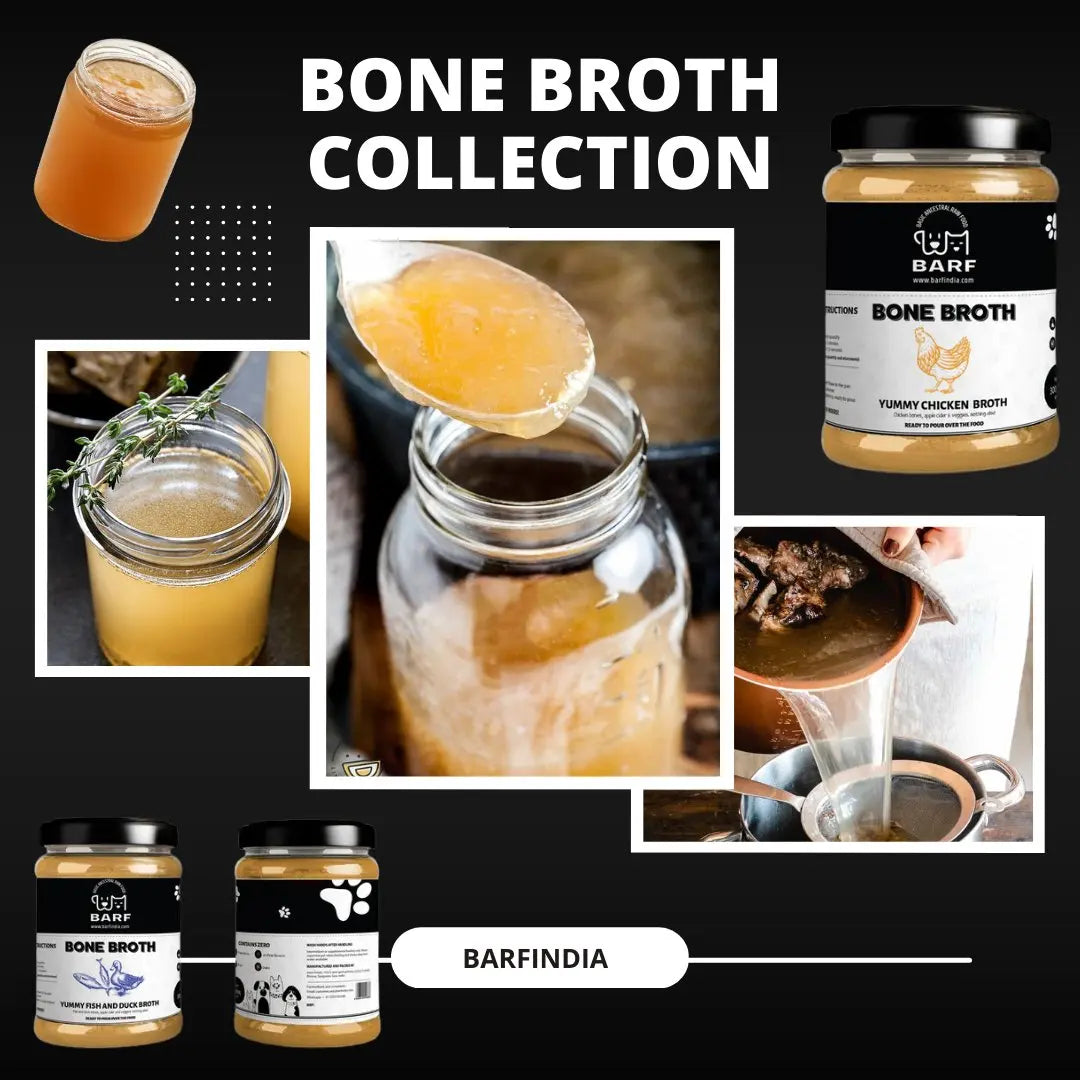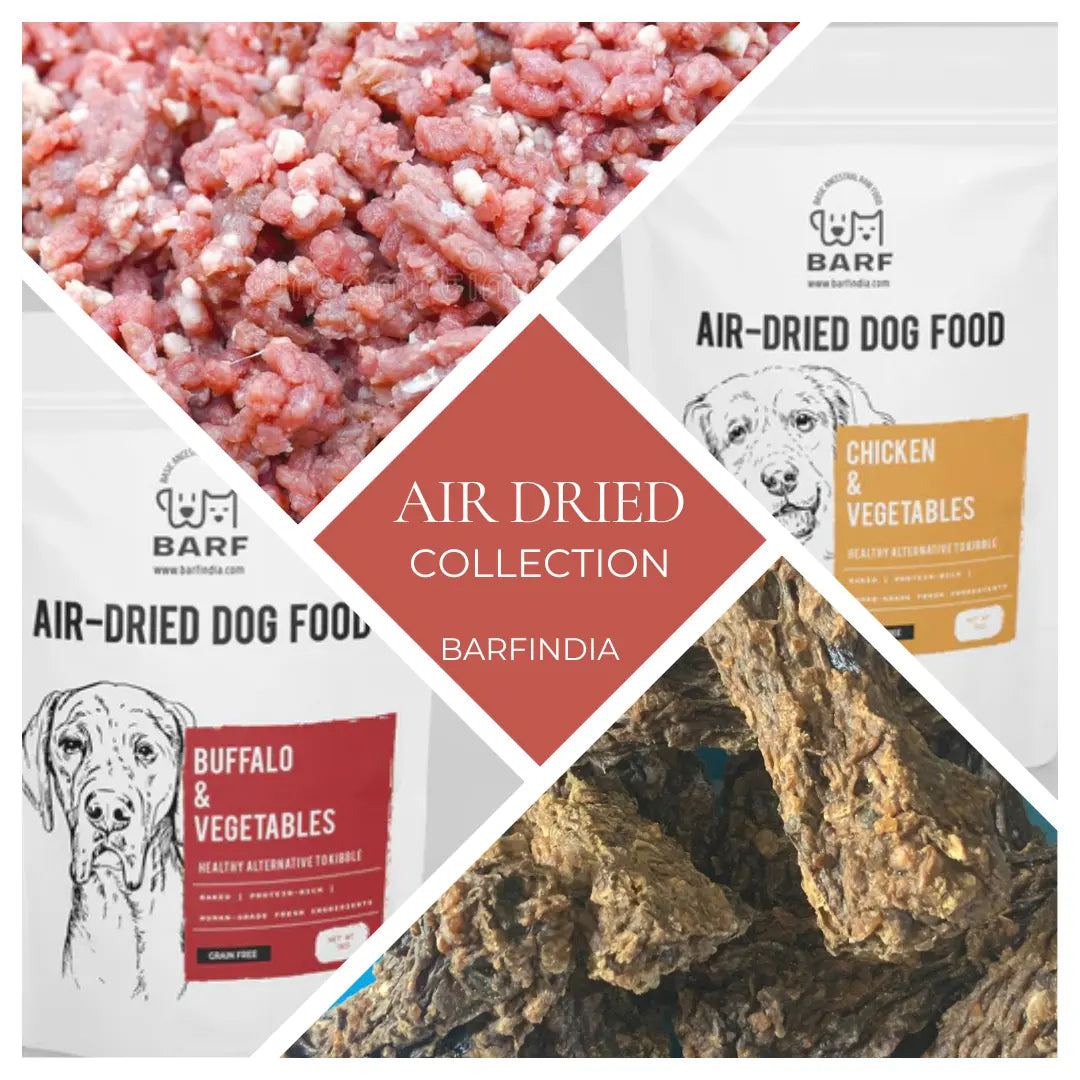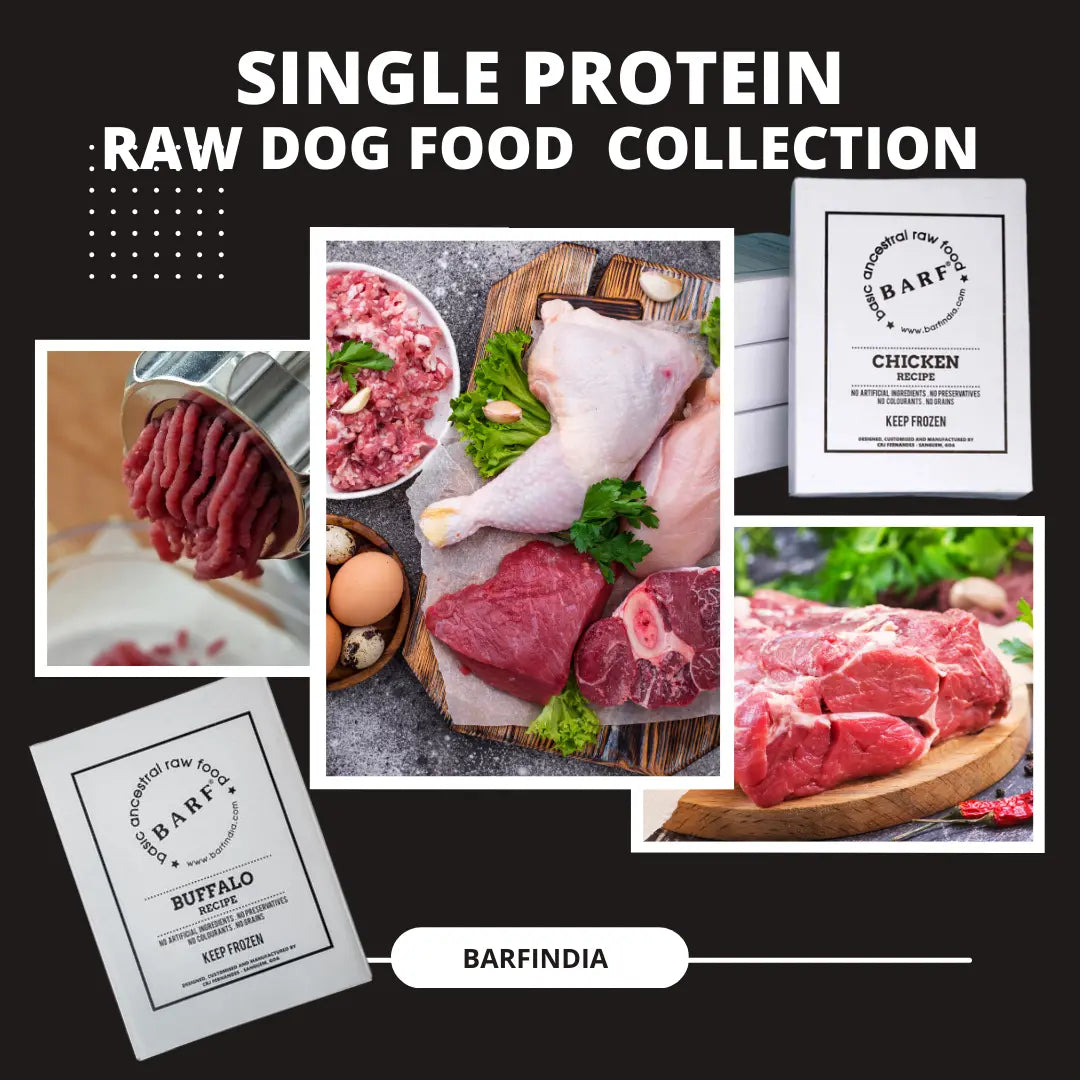
Are Mussels Good for Cats? Nutritional Benefits and Feeding Guide.
Nivedita FernandesMussels for Cats: A Nutritional Powerhouse for Your Feline
When it comes to providing the best nutrition for our cats, we often focus on high-quality proteins and essential nutrients. But have you ever considered adding mussels to your cat’s diet? Mussels for cats can be a fantastic source of vitamins, minerals, and fatty acids that support their overall health. In this blog, we’ll explore why mussels are an excellent choice for cats, their nutritional value, benefits, and how to safely feed them to your feline companion.
Why Consider Mussels for Cats?
Mussels, especially when cooked, are a safe and nutritious option for cats. As obligate carnivores, cats thrive on animal-based proteins, and mussels are a nutrient-rich seafood treat that can complement their regular diet. These shellfish are low in calories, high in protein, and packed with essential nutrients like omega-3 fatty acids, taurine, and vitamins that promote your cat’s overall health.
Locally sourced mussels, such as those grown in Goa, offer additional freshness and nutritional benefits. Adding these mussels for cats not only provides a natural supplement but also adds variety to their diet, keeping mealtime interesting and enjoyable.
Nutritional Value of Mussels for Cats
Mussels are often referred to as a superfood because of their dense nutritional profile. Here’s a breakdown of the key nutrients in mussels and how they benefit cats:
1. Protein
- Amount: 18-20 grams per 100 grams of mussels.
- Benefit: Protein is essential for muscle growth, tissue repair, and energy. Cats rely on high-quality protein sources like mussels to maintain their active lifestyle.
2. Omega-3 Fatty Acids
- Amount: Mussels are rich in EPA (Eicosapentaenoic Acid) and DHA (Docosahexaenoic Acid).
- Benefit: These fatty acids improve skin health, reduce inflammation, and support brain and heart health in cats.
3. Taurine
- Benefit: Mussels naturally contain taurine, an essential amino acid for cats that supports healthy vision, heart function, and digestion.
4. Vitamins
- Vitamin A: Enhances vision, supports the immune system, and promotes reproductive health.
- Vitamin B12: Vital for energy production and a healthy nervous system.
- Vitamin C: Boosts immunity and supports skin health.
5. Minerals
- Zinc: Improves skin and coat health.
- Iron: Aids in oxygen transport and energy metabolism.
- Selenium: Protects cells from oxidative damage.
- Iodine: Supports thyroid health and metabolic processes.
6. Low Fat Content
- Amount: 2-3 grams per 100 grams of mussels.
- Benefit: A lean protein source, mussels are ideal for weight management in cats.
Benefits of Mussels for Cats
Feeding mussels to cats offers numerous health benefits:
1. Joint Support
Mussels are naturally rich in glucosamine and chondroitin, compounds that promote joint health and reduce inflammation. These are particularly beneficial for older cats or breeds prone to arthritis.
2. Healthy Skin and Coat
The omega-3 fatty acids in mussels improve skin hydration and reduce itchiness while giving your cat a glossy, soft coat.
3. Enhanced Immune System
With vitamins and minerals like zinc and selenium, mussels strengthen your cat’s immune defenses, helping them stay healthy and resilient against illnesses.
4. Weight Control
Mussels are low in fat and calories, making them a great treat for cats that need to maintain or lose weight without compromising on nutrition.
5. Cardiovascular and Cognitive Health
The combination of omega-3 fatty acids and taurine supports heart health and cognitive function, keeping your cat sharp and active.
6. Digestive Support
Mussels provide easily digestible protein and essential nutrients that improve gut health and reduce the risk of digestive issues.
Why Choose Locally Sourced Goa Mussels for Cats?
Goa’s coastal waters are home to some of the freshest and most nutritious mussels. Here’s why locally sourced mussels are a great choice:
- Freshness: Goa mussels are harvested from nutrient-rich waters, ensuring high-quality seafood for your cat.
- Sustainability: Local mussel farming practices are eco-friendly, making them a responsible choice.
- Nutritional Value: The pristine environment enhances the nutrient profile of mussels, offering your cat maximum health benefits.
Supporting local farmers while feeding mussels to your cat is a win-win for both your pet and the environment.
How to Feed Mussels to Cats
Feeding mussels to your cat requires proper preparation to ensure they’re safe and enjoyable. Here’s how you can introduce mussels to your cat’s diet:
1. Cook the Mussels
Always cook mussels thoroughly by steaming or boiling them. Cooking eliminates any bacteria, parasites, or toxins that could harm your cat.
2. Remove the Shells
Mussels should never be served with their shells intact. Remove the shells completely to avoid choking hazards or digestive issues.
3. Skip the Seasonings
Avoid adding salt, garlic, onions, butter, or other seasonings to the mussels. These ingredients are toxic to cats and can lead to serious health issues.
4. Serve in Moderation
Chop cooked mussels into small pieces and offer them as a treat or mix them with your cat’s regular food. Moderation is key to preventing overfeeding or dietary imbalances.
How Often Should Cats Eat Mussels?
Mussels are a nutritious treat but should not replace a cat’s complete and balanced diet. Feed mussels sparingly, depending on your cat’s size and dietary needs:
- Small Cats (up to 4 kg): 1 mussel, 1-2 times a week.
- Medium Cats (4-6 kg): 2 mussels, 1-2 times a week.
- Large Cats (6+ kg): 3 mussels, 1-2 times a week.
Always monitor your cat for any signs of allergies or intolerance, especially when introducing mussels for the first time.
Potential Risks of Feeding Mussels for Cats
While mussels are generally safe, there are a few risks to keep in mind:
1. Allergies
Some cats may be allergic to shellfish. Watch for symptoms like vomiting, diarrhea, or skin irritation after feeding mussels.
2. Choking Hazards
Ensure all shells are removed and mussels are cut into small, manageable pieces for safe consumption.
3. Overfeeding
Excessive mussel intake can lead to digestive upset or nutritional imbalances. Stick to recommended portions.
4. Contamination Risks
Always cook mussels thoroughly to eliminate potential bacteria or toxins that could harm your cat.
Conclusion: Mussels for Cats – A Healthy Addition
Cooked mussels for cats are an excellent addition to their diet, offering a host of health benefits ranging from improved joint health to a shinier coat. Their dense nutritional profile, including protein, omega-3 fatty acids, and essential vitamins, makes them a superfood treat that your feline will love.
By choosing locally sourced Goa mussels, you ensure freshness, sustainability, and maximum nutritional value for your pet. Always prepare mussels properly, feed them in moderation, and consult your veterinarian before introducing new foods to your cat’s diet.
With mussels as part of their diet, your cat can enjoy a delicious, nutrient-packed treat that supports their health and happiness!



